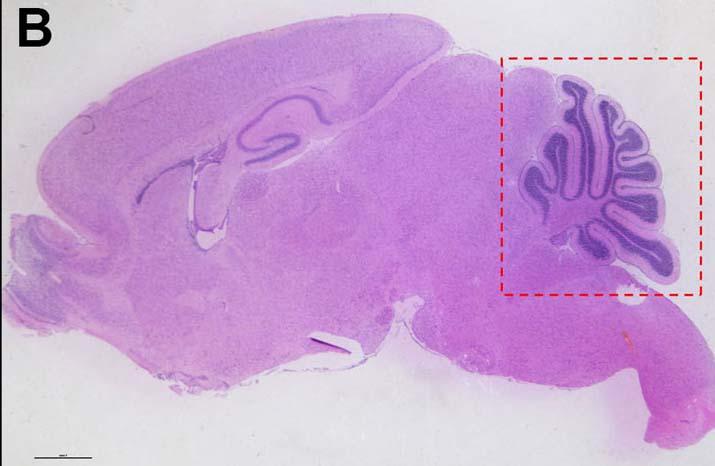
Research in the Nielsen Lab

Lab research interests include genetic regulation of mammalian neurovascular development, physiology and pathophysiology.
Interdependent development and functions of the mammalian nervous and vascular systems are tightly coordinated. The brain vasculature provides a critical and expansive blood supply to support neuronal metabolism and function, and vascular lesions within the brain are often accompanied by neurological dysfunction. Our lab is interested in understanding how these systems influence one another – e.g., how diverse neural and vascular cell populations respond to cues from one another. The lab currently studies neurovascular regulation in the context of brain arteriovenous malformation (AVM), a human vascular disease characterized by direct delivery of blood from artery to vein (without intervening capillaries), vessel entanglements, and often accompanied by neurological deficit. We are using genetic models of brain AVM to determine molecular and cellular mechanisms that regulate neurovascular development and function – and mechanisms involved in neurovascular pathogenesis – using mouse genetics, molecular and cell biological, and imaging approaches.
Select Publications
Selhorst, Samantha, Sera Nakisli, Shruthi Kandalai, Subhodip Adhicary, and Corinne M. Nielsen. 2022. “Pathological Pericyte Expansion and Impaired Endothelial Cell-Pericyte Communication in Endothelial Rbpj Deficient Brain Arteriovenous Malformation.” Frontiers in Human Neuroscience 16 (September): 974033. https://doi.org/10.3389/fnhum.2022.974033.
Chapman, Amelia D., Samantha Selhorst, Julia LaComb, Alexis LeDantec-Boswell, Timothy R. Wohl, Subhodip Adhicary, and Corinne M. Nielsen. 2022. “Endothelial Rbpj Is Required for Cerebellar Morphogenesis and Motor Control in the Early Postnatal Mouse Brain.” The Cerebellum, June. https://doi.org/10.1007/s12311-022-01429-w.